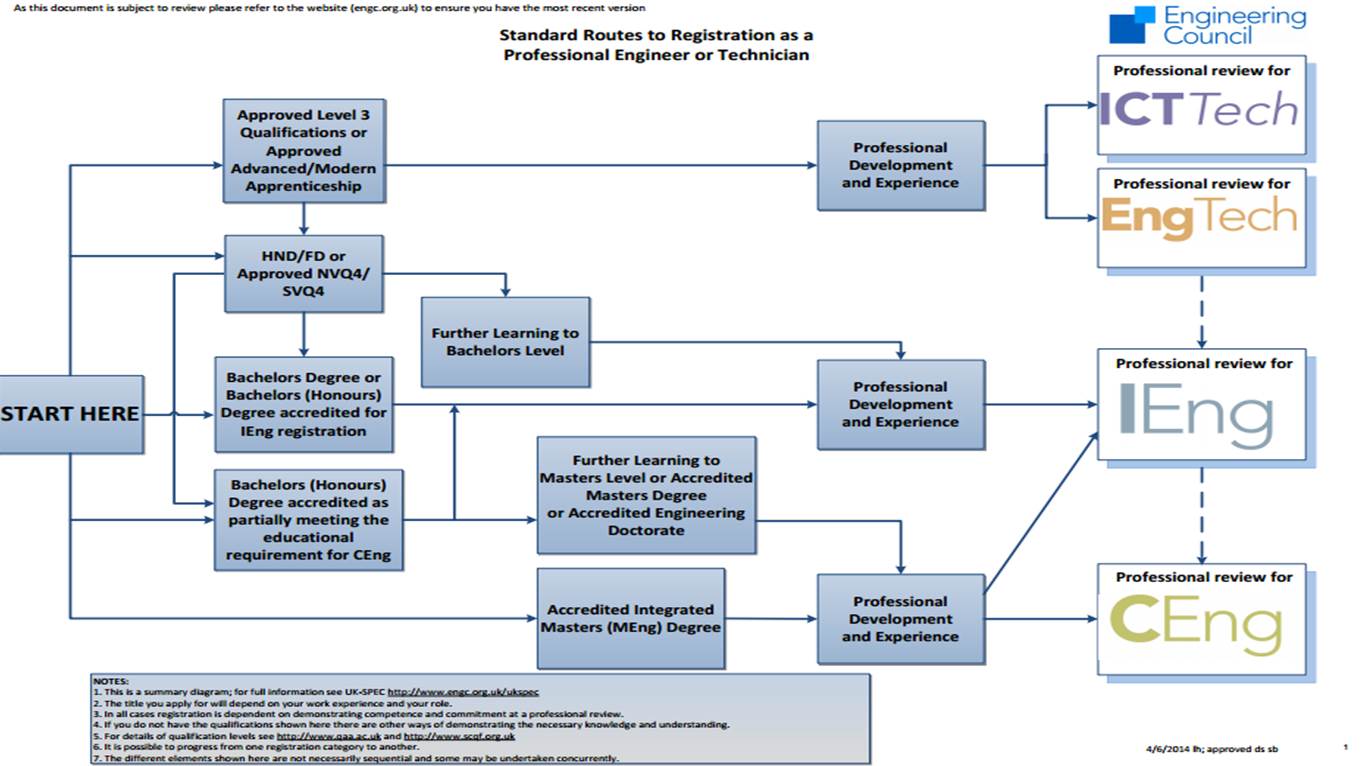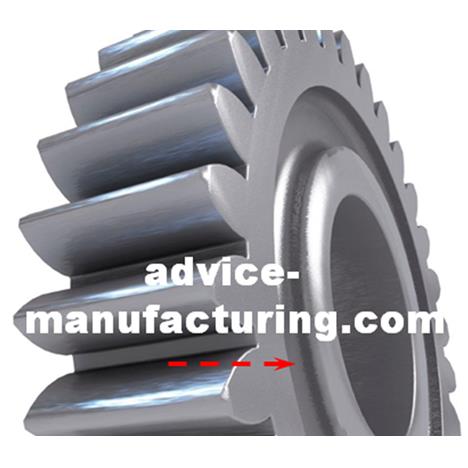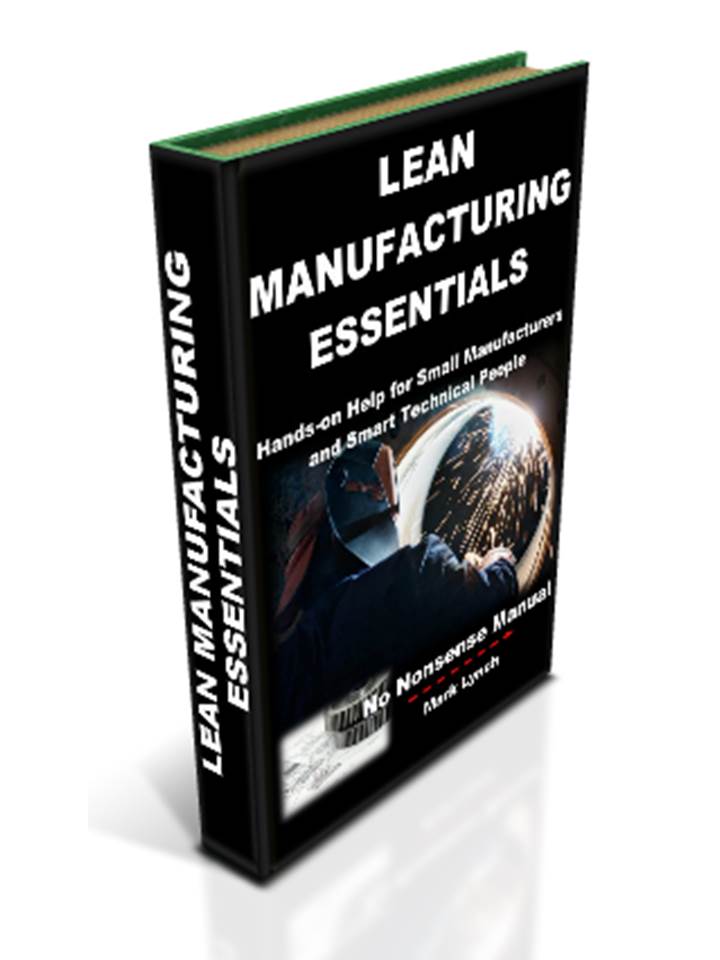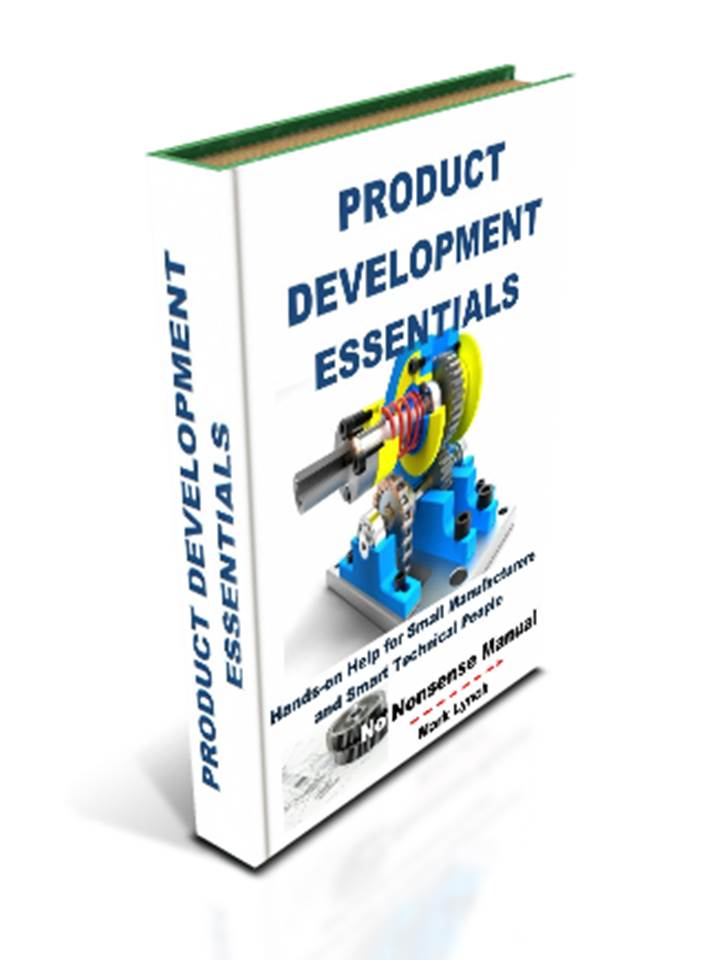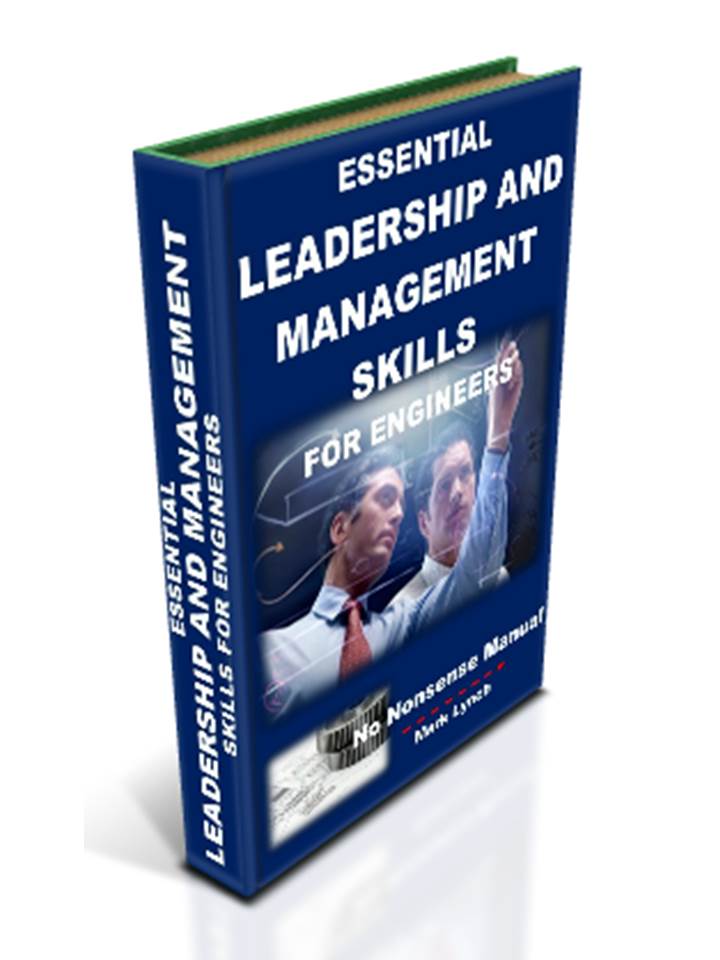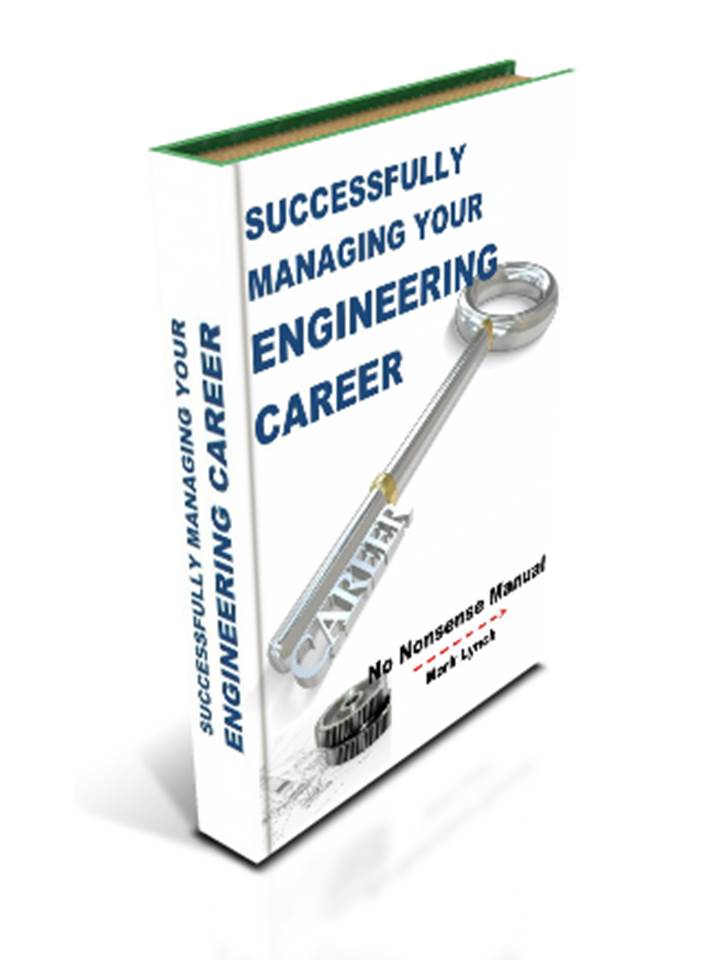'Hands-on Help for SMEs' and Smart Technical People'
Professional Registration Engineering Council
Professional Registration with the Engineering Council
Career Management for Engineers
Professional Registration Engineering Council
As mentioned previously, 36 professional institutions are licensing bodies of the Engineering Council. This organisation regulates the engineering profession and maintains standards, particularly in competence and ethics.
The Engineering Council also holds a register of professional engineers and technicians who have met strict criteria and demonstrated engineering competence to a high standard. The criteria are set out in UK Standard for Professional Engineering Competence – UK-SPEC. Engineers can gain professional registration as:
- Chartered Engineers (CEng)
- Incorporated Engineers (IEng)
- Engineering Technicians (EngTech)
For those with an IT background, experience and qualifications, they can be registered as Information and Communication Technology Technicians (ICTTech). Even though the register is maintained by the Engineering Council UK, the process of registration can only take place through one of the 36 professional institutions (in their role as licensing bodies). As such, all institutions adhere to the UK-SPEC standard for the CEng, IEng and EngTech titles and the ICTTech standard for the ICTTech title.
Once professionally registered, individuals are entitled to use the relevant post-nominal letters after their name. Each different engineering status above has a unique definition and makes a valuable contribution to technical and engineering organisations. As such, they actively demonstrate the skills which are so desperately needed by businesses in industry.
Professional Registration Engineering Council...
Benefits of professional registration for individuals include:
- Better employability and potential career progression
- A higher charge-out rate when contracting or commissioning work
- Potentially higher salary
- Immense personal and professional satisfaction
- A clear, unequivocal signal about competence
- Wide recognition within the business, sector and broader profession
- The ultimate transferable accreditation with the engineering profession
- A commitment to continuous professional development, therefore remaining current, relevant and in-demand
- A boost in confidence and a determination to continue to push and grow within the profession
- The potential for a secondary (lucrative) role, mentoring, coaching and building skills and expertise inside or outside your business
- Potentially assistance in practising as professional engineer overseas
Businesses employing professionally registered engineers can enjoy the following benefits:
- They meet the required standards of technical credibility and competence.
- Ability to tender for contracts or attract investment, where professionally registered engineers are critical.
- Legal credibility and significance.
- Competitive advantage for consultants, technical start-ups and micro-businesses.
- High professional and ethical standards.
- Updated skills and knowledge, through a long term commitment to staff continuous professional development.
- A structured mechanism and best practice examples to develop, attract and retain top technical talent, via a professional engineering institution.
- Access to a wide network of experts and technical knowledge.
- Greater kudos when professionally registered company staff present at industry or sector events, from exhibitions to conferences
- Answering audit questions and requirements about professional competence and training (CEng and IEng involve rigorous external verification and review by a professional engineering institution, to the standards set out the the Engineering Council - the definitive standards and governance body for the profession. EngTech for vocational and practical engineering applications is increasingly coming into it's own here, particularly for growing SMEs tendering and winning higher value work)
The numerous advantages for individuals and for businesses make professional engineering registration a distinction to strive for.
Looking at the lists above, consider how you can customise and adapt them for your personal circumstances and your business. Do they meet any of your personal or company objectives? Can you start quantifying them with dates and perhaps cash-able values? What would they mean and do for future business strategies, investment aims and personal growth objectives in 1, 3 or 5 years time? Make the ideas relevant to you. Why not start working them up into further plans to drive your progress?
Professional Registration Engineering Council...
A more detailed explanation about the Engineering Council, UK-SPEC and professional registration is available from the Engineering Council website below. We've also included a copy below for your convenience.
Engineering Council
Website: www.engc.org.uk
The title CEng, like all the Engineering Council's professional titles, is protected by law. For some it is the crowning professional achievement. It demonstrates recognition, following typically tough postgraduate qualifications, along with rigorous industrial experience – both of which are acknowledged as being of the highest standards by industry peers. Chartered Engineer or CEng is widely valued and respected nationally and internationally.
International Recognition for Professional Engineers
A Chartered Engineer is entitled to apply for the title of European Engineer and once successful, use the title EUR ING before their name. European Engineers demonstrate competence to a high standard and as such, find it useful when tendering for contracts or doing business throughout Europe. More information and application details can be found from the FEANI (the European Federation of National Engineering Associations) website, the awarding body
The European Federation of National Engineering Associations – FEANI
Website: www.feani.org
Internationally there are other professional engineering designations, each demonstrating very high levels of competence and a commitment to continuous professional development. These include:
- PE – Professional Engineer (US)
- P.Eng – Professional Engineering (Canada)
- CPEng - Chartered Professional Engineer (Australia and New Zealand)
- Other designations exist for Professional Engineers in other parts of the world. It would be great to hear about a few more.
Most UK registered Chartered Engineers are also eligible to apply to be registered on the International Register of Professional Engineers as a:
- International Professional Engineer - IntPE (UK).
This qualification is run by the Engineers Mobility Forum, itself a part of the International Engineering Alliance. This organisation, through its affiliated member bodies, exists to promote the profession and share good practice. The bodies include national, international and regional representative engineering organisations from around the globe. Broadly speaking, they recognise each other’s’ commitment to high academic and professional competency. For those looking to trade or work globally, or just generally interested, the alliance and some of its member bodies are listed below:
- International Engineering Alliance
- Website: www.ieagreements.org/
- Commonwealth Engineers’ Council
- Website: www.ice.org.uk/cec/
- Federation of Engineering institutions of Asia and the Pacific
- Website: www.feiap.org/
- Asian Federation of Engineering Organisations
- Website: www.aseanengineers.com
- World Federation of Engineering Organisations
- Website: www.wfeo.org
Disclaimer
Links to the above sites are provided for your convenience. Advice Manufacturing is not responsible for their contents. In addition inclusion of links does not imply endorsement of any website material, business or organisation.
Standard Routes to Professional Registration (Courtesy of the Engineering Council)
Professional Registration Engineering Council...
Professional Institution Conclusion
Professional Engineering Institutions and Professional Affiliated have been assisting manufacturing industry and engineers for many years. They offer a number of benefits both for businesses and for individuals. In addition, they raise the profile of industry in general and increase public awareness of what exactly engineers do and how much society relies on them. For this reason they deserve the backing of all of us who depend on manufacturing industry for a living.
For those of you who are members of licensed bodies and professionally registered, ask yourself ‘are you getting the most out of it?’ Are you making full use of all the institution offers, to assist you in your current role and your broader career? After all, every year you hand over your subs; isn’t it time you started getting value for money in return? Be proactive and challenge yourself to re-examine how you could be benefitting – what opportunities you could be missing out on?
Additionally, professional achievements are something to be proud of. If you are an Incorporated or Chartered Engineer, why not consciously describe yourself as one when talking to people? Other professions have been doing it for years, to the extent it is second nature to the broader public – for example Chartered Accountants and Chartered Surveyors.
Make sure you use your professional registration and engineering institution post-nominals on your business cards and in your email signatures. Get the recognition you deserve and take pride in yourself and your profession.
Professional Registration Engineering Council
Next... Engineering Publications and Media
Back to Your Career Management
Based on your experience, what’s the Single Best Piece of Advice you’ve heard for a Great Engineering Career?
Have you had an inspirational coach, mentor or manager? Knowing what you know now, what’s the single most effective piece of advice you’d give to a young engineer coming through now?

